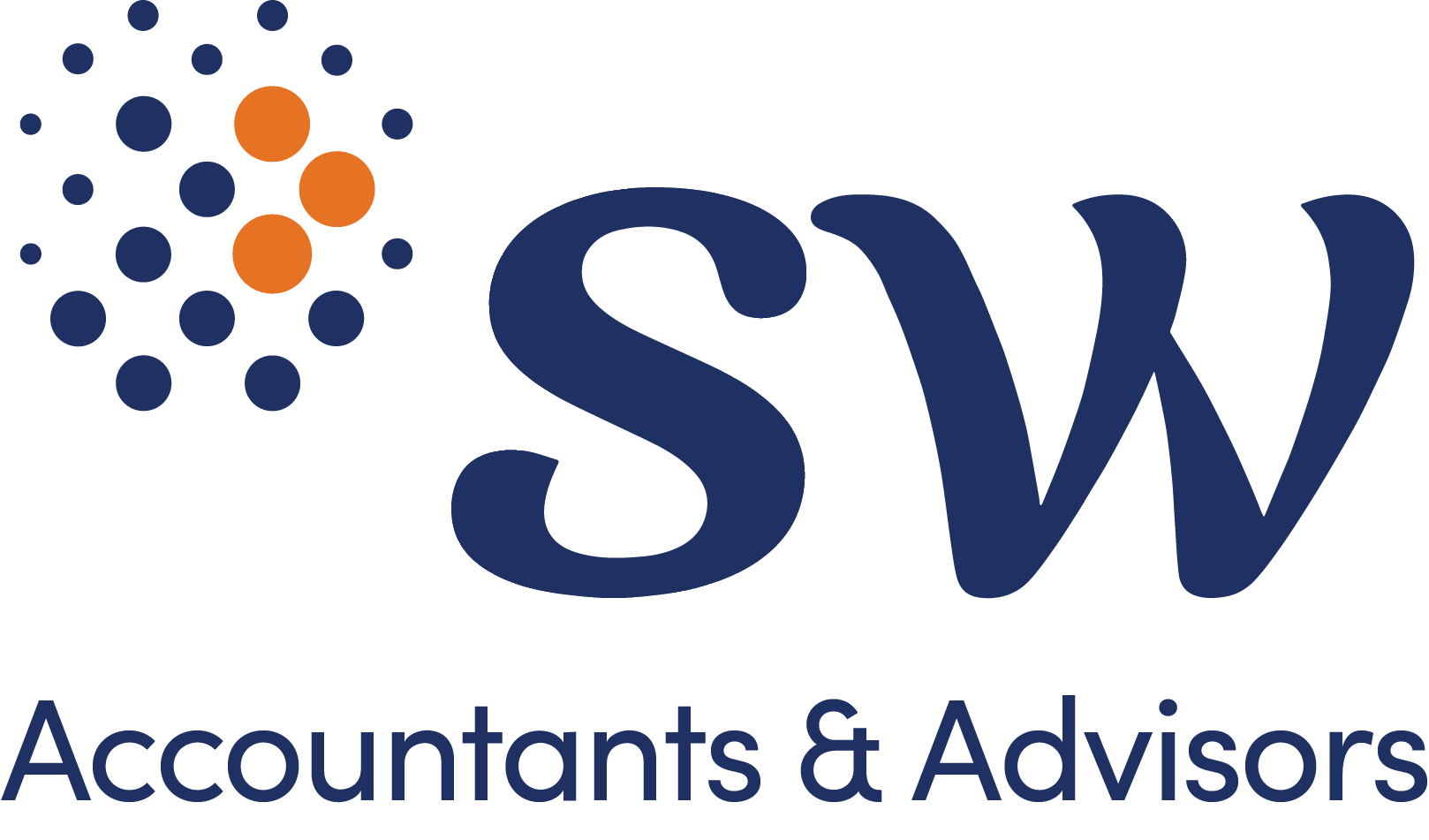
Guardian case – tax appeal decision on section 100A – Trusts
10/02/2023
On 24 January 2023, the Full Court of the Federal Court of Australia handed down its appeal decision in Commissioner of Taxation v Guardian AIT Pty Ltd ATF Australian Investment Trust [2023] FCAFC 3. The Court upheld the original judgement in favour of the taxpayer in relation to the application of section 100A but allowed the Commissioner’s appeal in regards to Part IVA for the 2013 assessment.
The appeal decision is a win for the taxpayer regarding the application of section 100A, particularly with respect to whether an agreement was reached between the parties prior to a beneficiary becoming presently entitled to trust income – however, it is important to have the facts and evidence supporting that such an agreement was not in place.
The taxpayer was however unsuccessful with respect to Part IVA in the 2013 income year, which is a win for the ATO who will continue to apply Part IVA to arrangements involving trust distributions that are contrived to achieve tax benefits. Taxpayers need to be comfortable that trust distributions are not made for the dominant purpose of reducing income tax payable.
Building on our previous article about this case, the SW team recaps the facts and looks at the detail of the Appeal and its outcome.
Section 100A
Firstly to recap, section 100A is an anti-avoidance provision that targets situations where one person is made presently entitled to income of a trust, but another person receives the benefit of the funds represented by the income. For section 100A to apply there must be a reimbursement agreement (very broadly defined) and:
- the person who is made presently entitled to the income, but does not receive the income, is taxed at a lower rate than the actual recipient of the cash; and
- the agreement, arrangement or understanding cannot be a reimbursement agreement where the agreement, arrangement or understanding arises from an ordinary family or commercial dealing.
Summary of the Guardian case
The case involves three key parties, being:
- Australian Investment Trust (AIT) – an Australian discretionary trust
- Mr Springer – a non-resident taxpayer that is the controller of AIT and other entities in the Springer Group
- AIT Corporate Services Pty Ltd (Corporate Services) – a wholly owned subsidiary of AIT.
Corporate Services was a newly incorporated ‘cleanskin’ company created for the purpose of receiving distributions from AIT. The other Springer group entities had previously traded and were being wound down or sold in order for Mr Springer to simplify his life and transition to retirement.
2012 and 2013
Corporate Services was made presently entitled to the income of AIT for the 2012 and 2013 income tax years, which did not include franked dividends. AIT paid to Corporate Services an amount in cash to cover the income tax liability arising from the distribution. The balance owing from AIT to Corporate Services remained as an unpaid present entitlement (UPE).
In the following income years, Corporate Services declared a fully franked dividend to AIT. The UPE balance and the dividend payable were offset, so that the UPE was fully discharged.
The franked dividend received by AIT in those subsequent years was distributed to Mr Springer. As a non-resident, Mr Springer was not subject to any further tax on the dividend.
2014
Corporate Services was made presently entitled to the income of AIT for the 2014 income tax year. Similar to 2012 and 2013, AIT paid to Corporate Services an amount in cash to cover the income tax liability arising the distribution. However, the UPE balance was converted to a loan that was placed on complying Division 7A terms.
Guardian case appeal decision
In the appeal, the Commissioner appealed against the decision of Logan J (which was favourable to the taxpayer), in relation to:
- section 100A in relation to the 2013 income tax year and
- Part IVA in relation to the 2012 and 2013 income tax years.
Therefore, the Commissioner did not appeal against the elements of the previous decision made in favour of the taxpayer in regard to section 100A (2012 income year) and section 100A and Part IVA (2014 income year).
Outcome of the appeal
The Full Court (Perry, Derrington and Hespe JJ) dismissed the Commissioner’s appeal in relation to:
- Section 100A for the 2013 income tax year and
- Part IVA for the 2012 income tax year.
However, the Court allowed the Commissioner’s appeal under Part IVA in relation to the 2013 assessment of Mr Springer.
Basis of the Full Federal Court decision
The key reasons for the Court’s decision in relation to section 100A include:
- The reimbursement agreement did not arise out of the present entitlement. There was no ‘agreement’ for the purposes of section 100A that existed prior to or at the time that the 2013 present entitlement of AIT arose – that is, there was no ‘reimbursement agreement’ involving the payment of a dividend by AIT at that time.
- An agreement requires that there be a consensus or adoption of the arrangement. Generally, the beneficiary would need to be a party to a reimbursement agreement for section 100A to apply (this should be contrasted with the decision in Idlecroft and the Commissioner’s view in paragraph 16 of TR 2022/4).
- The attribution of purpose from professional advisors is more limited in the context of section 100A compared to intention in Part IVA. Given that Mr Springer had not provided his advisors authority to act on behalf of the relevant entities, the intention of the advisors could not be attributed to Mr Springer.
- Even if the intention of the advisors were attributable to Mr Springer, the advisors did not specifically contemplate the reimbursement agreement until 15 January 2014, being 7 months after Corporate Services was made presently entitled to the income. At the time of the present entitlement arising, the option of paying the dividend was not ‘wholly conjectural’ but the Court held there was insufficient evidence of an agreement.
- Although the comments were made in obiter, the Court recognised (and the Commissioner was noted in the judgement as agreeing) that the ordinary commercial and family dealings exception could apply where trust income is appointed to a corporate beneficiary. However, the case provides limited guidance in relation to the ordinary commercial and family dealings exception and provides little comfort to taxpayers that were hopeful of the Courts rejecting the Commissioner’s views in his recent tax ruling on section 100A (TR 2022/4).
Part IVA
Part IVA of the income Tax Act is the general anti-avoidance provision of Australian income tax law. The Court held that Part IVA would apply in relation to the 2013 income tax year (although not the 2012 income tax year). For Part IVA to apply, the following elements need to be satisfied:
- A person enters or carries out a scheme.
- The scheme provides a taxpayer with a tax benefit.
- The dominant purpose (based on the objective facts) of entering the scheme is to obtain a tax benefit.
A key issue in determining whether Part IVA applies to any given situation involves consideration of an alternative postulate or counterfactual – what would have happened (annihilation approach) or what might reasonably be expected to have occurred (reconstruction approach) if the relevant scheme had not been entered into?
For 2012 and 2013 income tax years, the Commissioner’s alternative postulate was based on AIT making a direct distribution of unfranked income to Mr Springer. Therefore, in each year there was a scheme and a tax benefit given that Mr Springer would have paid tax at marginal tax rates (45%) under the alternate postulate in relation to the distribution of unfranked dividend income, rather than actual tax paid by Corporate Services of 30%.
The Court held that the formulation of the alternate postulate needed to be based on the commercial outcomes of the arrangement. As Mr Springer ultimately received the cash relating to the 2012 and 2013 unfranked income, it was reasonable for the Commissioner to form the alternate postulate whereby Mr Springer directly received a distribution of unfranked income from AIT.
The Court emphasised that the taxpayer has the onus of what might reasonably be expected absence the scheme (not just proving that the Commissioner’s alternate postulate was unreasonable). For the 2013 income tax year, the Court emphasised that in determining the alternative postulate any adverse tax impacts should be disregarded (that is, it was not open to the taxpayer to argue that an alternative arrangement would not have been entered into because the tax costs would be too high).
The Court held that the dominant purpose of entering or carrying out the 2012 scheme was not to obtain a tax benefit whereas the dominant purpose of the 2013 scheme was to obtain a tax benefit. The decision of the Court was based on the following:
- The factors to establish the objective intention of the taxpayers requires an examination of the manner in which the scheme was entered into or carried out. For 2012, there was an evolution of steps that meant the dividend was paid from Corporate Services to AIT. However, at the time the scheme was entered into there was no objectively ascertainable circumstances that would give rise to an expectation that the dividend would have been paid.
- In contrast, as the 2012 UPE was cleared via the dividend in 2013, it was not unreasonable to expect that the 2013 UPE would be cleared via a dividend particularly given that Mr Springer had concerns about holding cash in Corporate Services and Corporate Services had not been used as a wealth accumulation vehicle.
Concluding remarks
While the appeal decision is a win for the taxpayer regarding the application of section 100A, unfortunately the case does not provide guidance on the ordinary commercial and family dealings concept, which is crying out for judicial clarification. The appeal decision also provides further ammunition to the ATO with respect to the application of Part IVA to such arrangements.
How can SW help?
SW has assisted a number of taxpayers in recent years in relation to ATO reviews and audits on 100A. If you would like any further information, please contact a member of the SW tax team.



